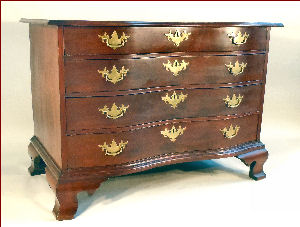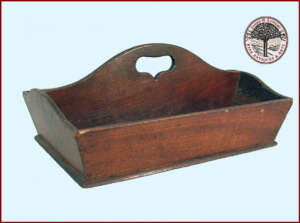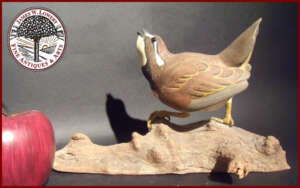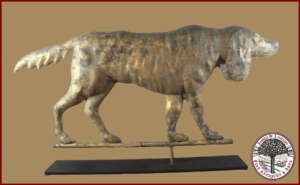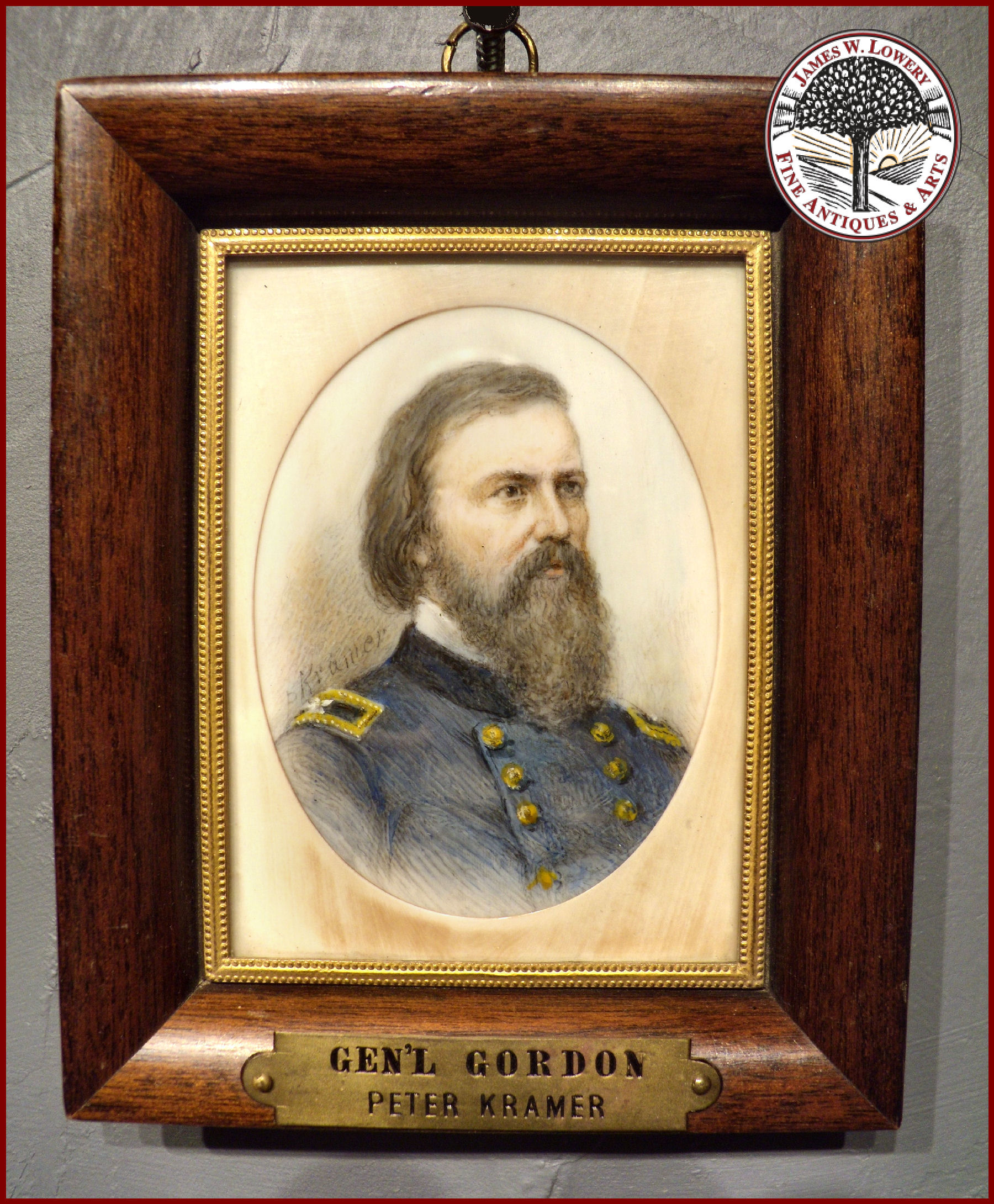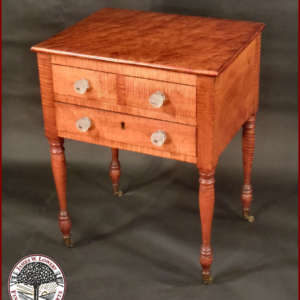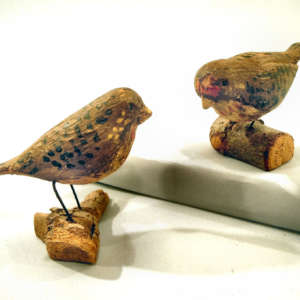Description
★ Mouse over Image to ZOOM. Click to ENLARGE ★
MINIATURE PORTRAIT – GENERAL BROWN GORDON
Signed: Peter Kramer
JOHN BROWN GORDON
Confederate General
Born: February 6, 1832, Upson County, GA
Died: January 9, 1904, Miami, FL
John Brown Gordon was an attorney, a slaveholding plantation owner, general in the Confederate States Army, and politician in the postwar years. By the end of the Civil War, he had become “one of Robert E. Lee’s most trusted generals.” After the war, Gordon strongly opposed Reconstruction during the late 1860s.
United States Senate (1890-1897), United States governor (1886-1890), Georgia US Senate (1873-1879)
Confederate military leader and post war-American civil was politician who symbolized the shift from agrarian to commercial ideals in the Reconstruction South
He became a lawyer but abandoned his practice to develop coal mines in Georgia’s northwestern tip. Then came the Civil War. Although lacking any military education or experience, Gordon was elected captain of a company of mountaineers and displayed remarkable capabilities. He quickly climbed from captain to brigadier general (1862) to major general (1864) to lieutenant general (1865). He was at many major Civil War battles—Seven Pines, Malvern Hills, Chancellorsville, Gettysburg, Spotsylvania, and Petersburg—and he commanded one wing of General Robert E. Lee’s army just prior to Appomattox.
A hero to Georgians at the age of just 33, Gordon returned to his home state and began to practice law once again. He vigorously opposed federal Reconstruction policies, but, when he ran for governorship as a Democrat in 1868, he was defeated by his Republican opponent. Unquestionably a symbol of the age of white supremacy to his Georgian constituents, Gordon was rumoured to be a Grand Dragon in the Ku Klux Klan
Gordon was elected to the U.S. Senate (1873–79). Though he was reelected, he resigned in 1880 to take an important position with a railroad company, thereby leading the shift of the New South to commercialism and industrialism. He returned to politics in 1886 for one term as governor and, at the conclusion of that term in 1890, was sent back to the U.S. Senate, where he served until 1897.
When the United Confederate Veterans organization was formed in 1890, Gordon was made commander in chief, a position he occupied until his death. He published memoirs of his military exploits in Reminiscences of the Civil War (1903).
Military service Allegiance Confederate States/United States
Confederate States Army Years of service 1861–1865
Commands: Second Corps, Army of Northern Virginia
BATTLES/WARS – First Battle of Bull Run, Seven Days Battles, Battle of Malvern Hill. Maryland Campaign, Battle of Antietam, Battle of Shepherdstown, Gettysburg Campaign, Battle of Gettysburg, Overland Campaign, Battle of the Wilderness, Battle of Spotsylvania Court House, Battle of Cold Harbor
Battle of Appomattox Courthouse, Valley Campaigns of 1864, Battle of Lynchburg, Battle of Monocacy
Battle of Fort Stevens, Battle of Cool Spring, Battle of Opequon, Battle of Fisher’s Hill, Battle of Cedar Creek
Siege of Petersburg, Battle of Fort Stedman, Appomattox Campaign
Battle of Appomattox Court House
American Civil War [1865]
Battle of Appomattox Court House, (April 9, 1865), one of the final battles of the American Civil War. After a week long flight westward from Richmond and Petersburg, Virginia, Confederate Gen. Robert E. Lee briefly engaged Union Gen. Ulysses S. Grant before surrendering to the Union at Appomattox Court House. This signaled the beginning of the end of the protracted Civil War.
Inventory: A-M 3379
SOLD

